Influence insulin production with live yeast supplementation
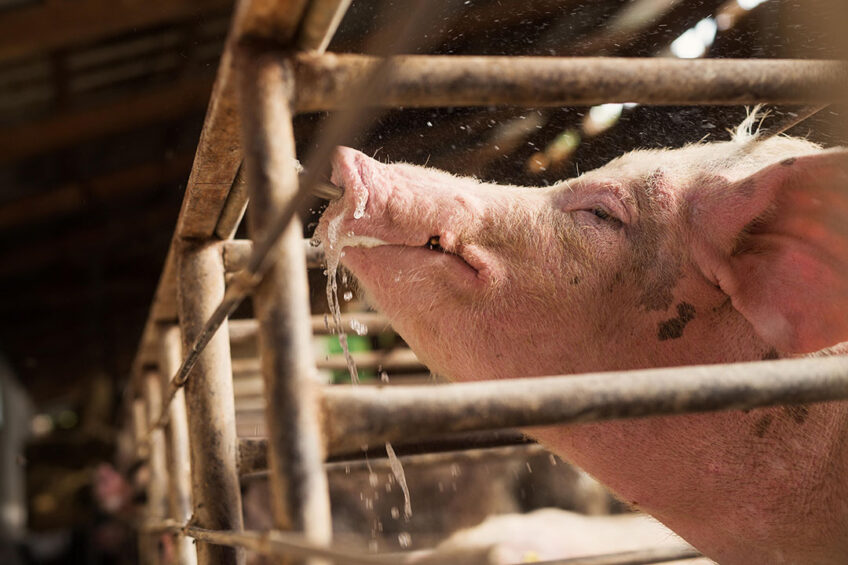
Improving insulin sensitivity can help mitigate the effects of heat stress on metabolism and growth performance in pigs.
The live yeast Saccharomyces cerevisiae boulardii CNCM I-1079 (Levucell SB) can help alleviate the effects of heat stress on pig performance and well-being. New research sheds light on some of the live yeast’s modes of actions. In particular, the effects on pigs’ sensitivity to insulin.
Insulin and heat stress
In pigs, heat stress induces an increase in glucose utilisation, which is particularly important for immune system function. Thus, heat stress induces a switch in the nutrient partitioning normally used for growth, which results in a reduction of performance. Activated immune cells become sensitive to insulin while muscle and adipose cells become refractory to insulin during heat challenge. This indicates the effect of heat stress on fat deposition might be connected to an altered insulin response.
Improving insulin sensitivity can help mitigate the effects of heat stress on metabolism and growth performance.
Improved insulin sensitivity
A new trial was conducted using metabolic chambers to evaluate the effect of live yeast supplementation in male finishing pigs subjected to heat stress.
The researchers showed improved resistance to heat stress was possibly attributable to improved insulin sensitivity of the pigs fed live yeast as their insulin: glucose ratio was significantly lower around meals (Figure 1). This adaptation may contribute to higher energy efficiency during heat stress.
Improved sensitivity to insulin may be explained by two main mechanisms of action of the live yeast:
- Improvement of intestinal integrity during stress,
- Thanks to microbiota modulation, an increased production of short chain fatty acids in the gut.
Figure 1- Effect of Levucell SB supplementation on the insuline:glucose ratio during heat stress (Serviento at al. 2022).
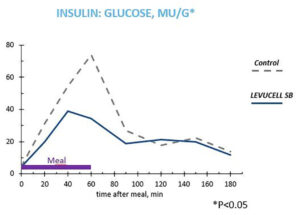
Improved thermoregulation
During heat stress, water evaporation through panting represents the main mechanism for heat dissipation in pigs and high temperatures increase pigs water requirements. Interestingly, the trial conducted under controlled conditions also indicates increased water intake, especially around meals, for the Levucell SB supplemented pigs.
This, in turn, increased the pigs’ ability to dissipate more heat through water evaporation. As a result, the pigs body temperature went down quicker after a meal (Figure 2).
Figure 2 – Effect of Levucell SB supplementation on pigs body temperature during heat stress (Serviento, et al. 2022).
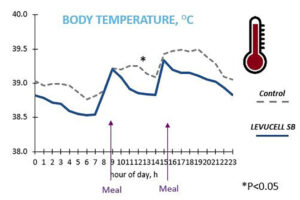
Learn more on how live yeast improves pigs’ resistance to heat stress by watching the video below.
 Beheer
Beheer
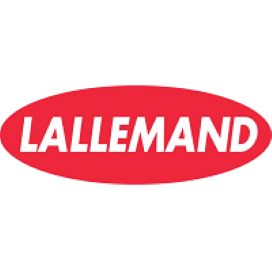
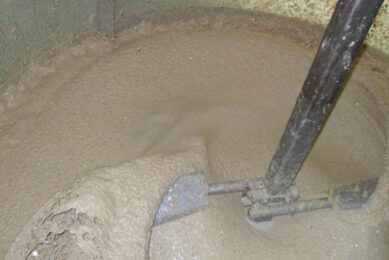
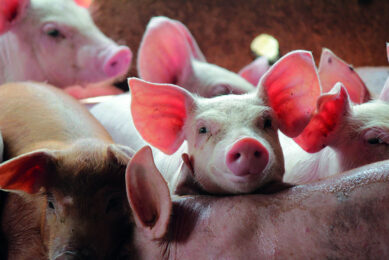
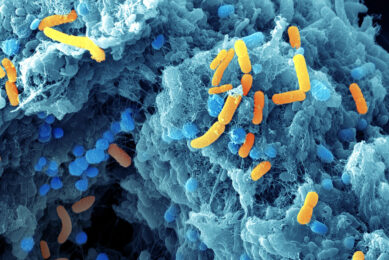
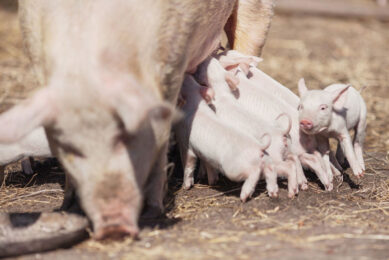
 WP Admin
WP Admin  Bewerk bericht
Bewerk bericht